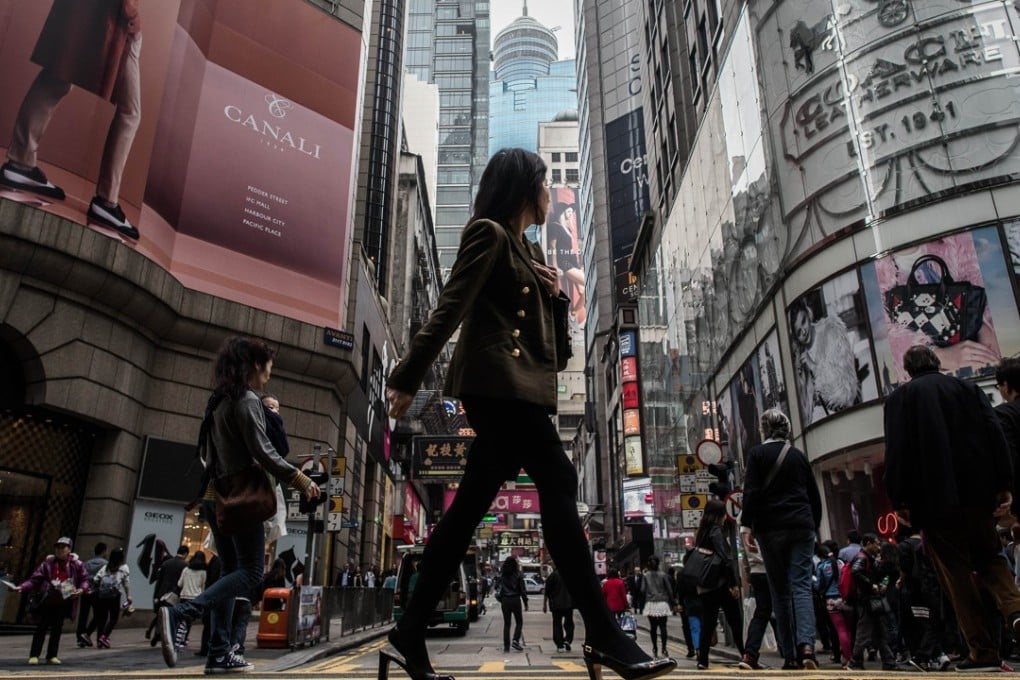Blowing Water | Why are Hongkongers working themselves to death?
Luisa Tam says it’s not just the Japanese who are putting in too much overtime. And when even the rich are taking on punishing hours, something must be wrong

The city’s workers are no strangers to putting in overtime; according to recent statistics we do more of it than any other workforce in Asia. A 2015 survey by Regus, an international office space provider, found that 20 per cent of Hongkongers put in four to six hours of overtime every week and 19 per cent work an extra six to eight hours per week. That is more than our neighbours on the mainland, as well as those in Japan, South Korea and Singapore.
But that’s nothing compared to the working hours of journalists in the city.
Many of us put in an extra four to six hours on an almost daily basis. The overtime culture is particularly bad at some of the city’s Chinese-language newspapers, where there’s a common saying: “Yau fan gung, mo fong gung”; “There’s only clocking in and no clocking out”.
In one of my previous jobs with another newspaper, I had to work a back-to-back shift from 10am to 2am, and could only leave after the paper had been sent to the printers. That lasted more than six months. Eventually, I became so ill I had to take more than a year off work.

We all know that overworked people are less efficient and less effective because long hours reduce productivity and diminish the quality of work. And it’s common knowledge that fatigue makes it hard for people to perform at a high cognitive level and increases the risk of making mistakes. Stress has also been repeatedly linked to heart disease, high blood pressure and other dangerous conditions.
